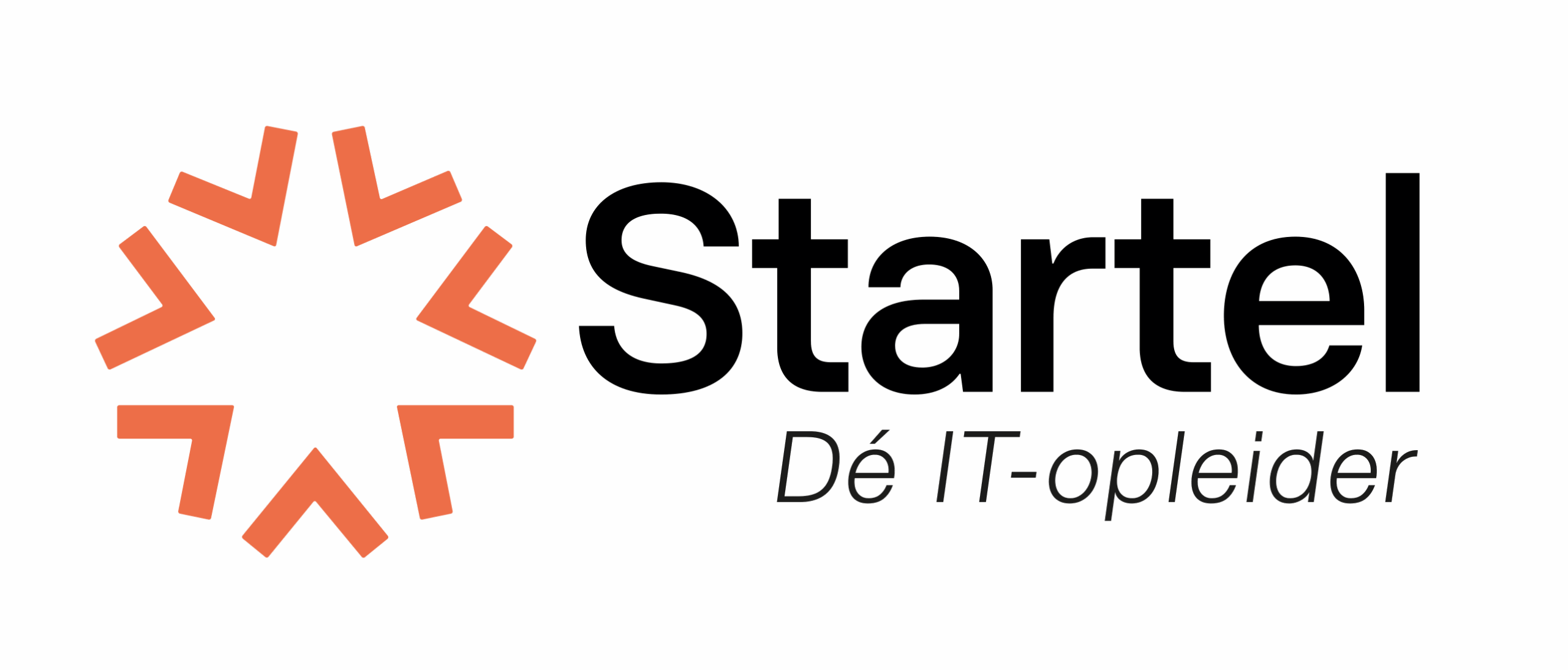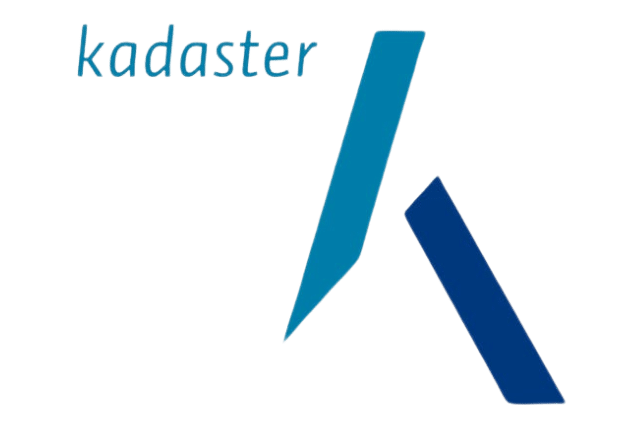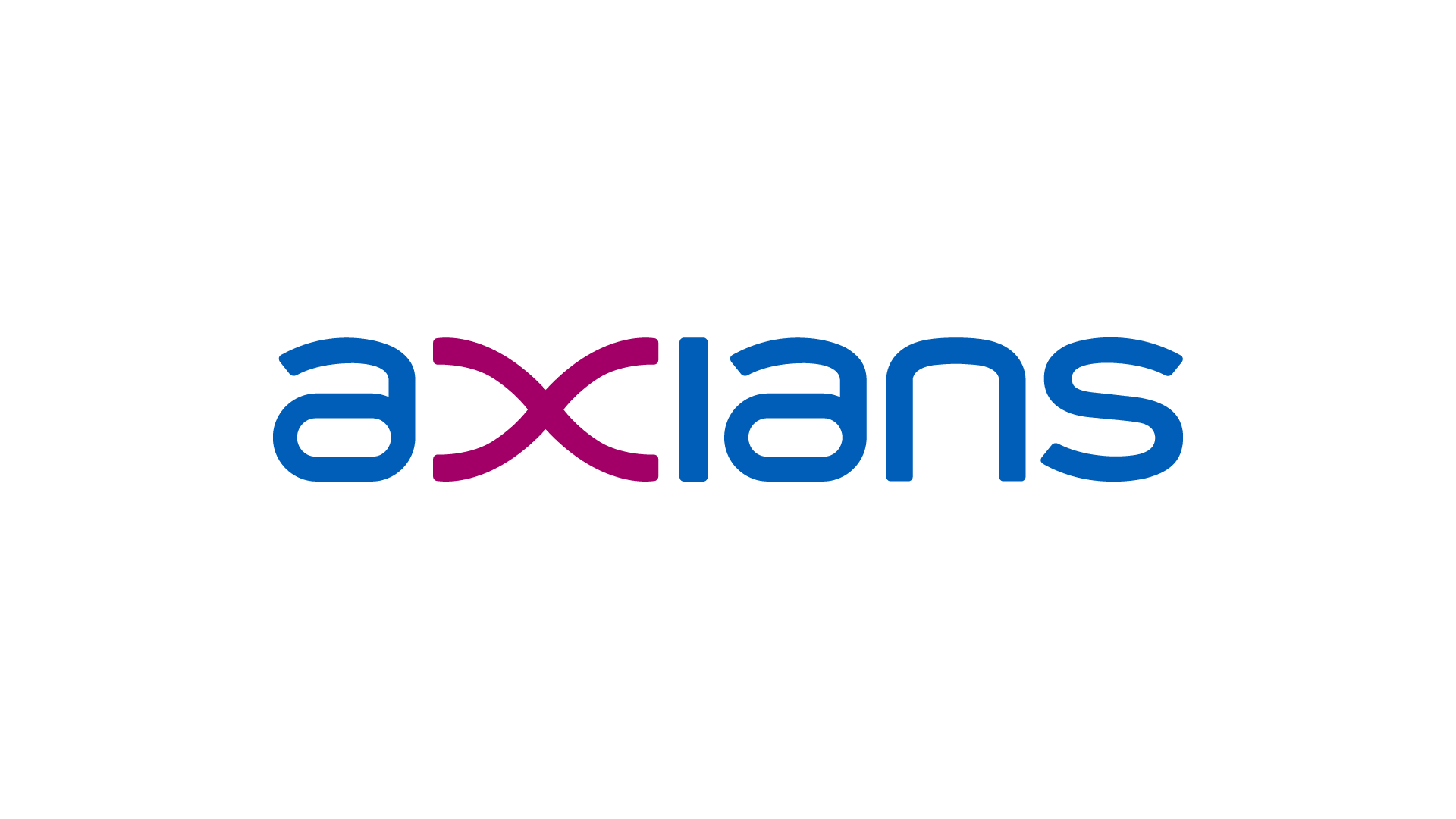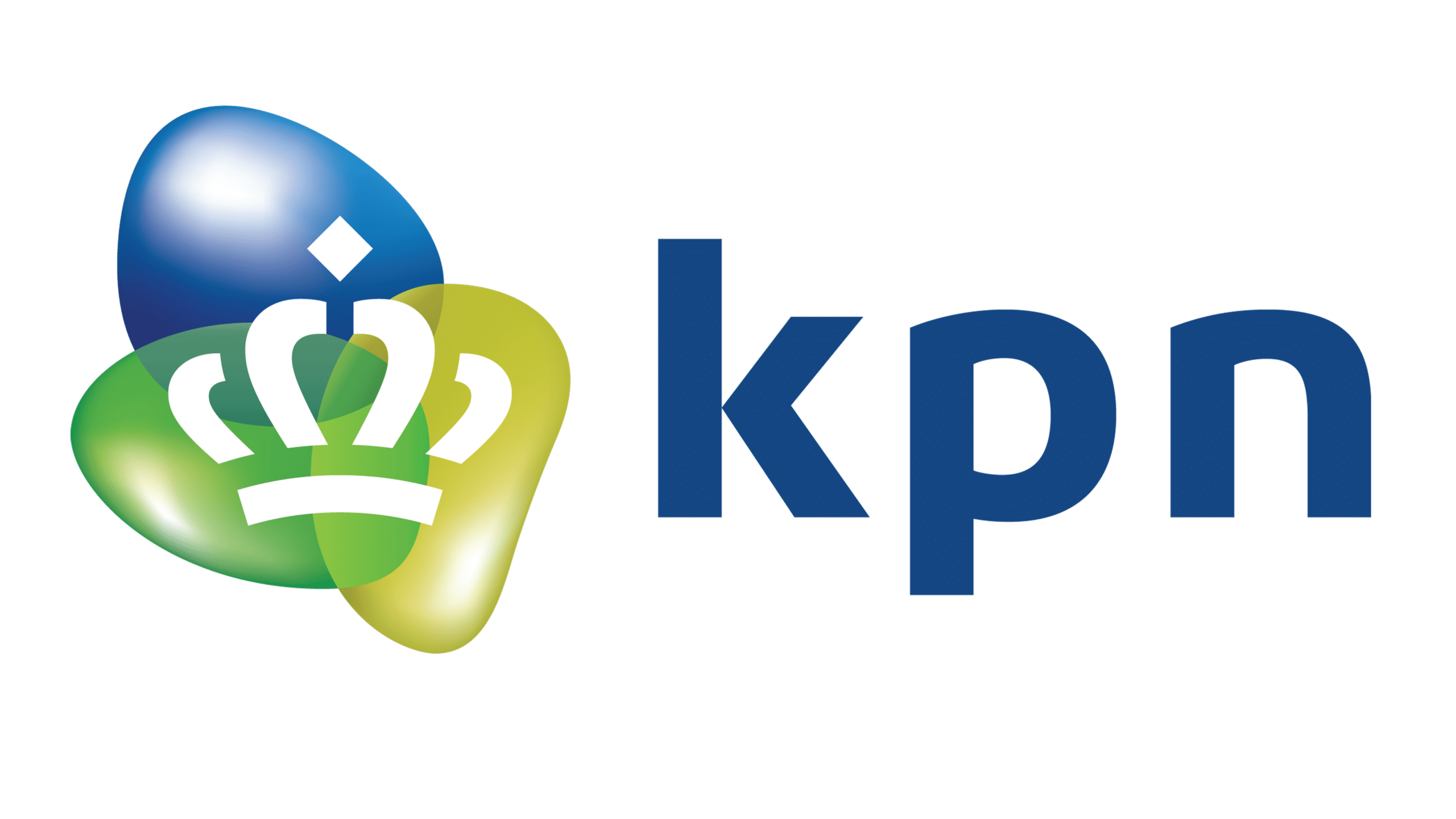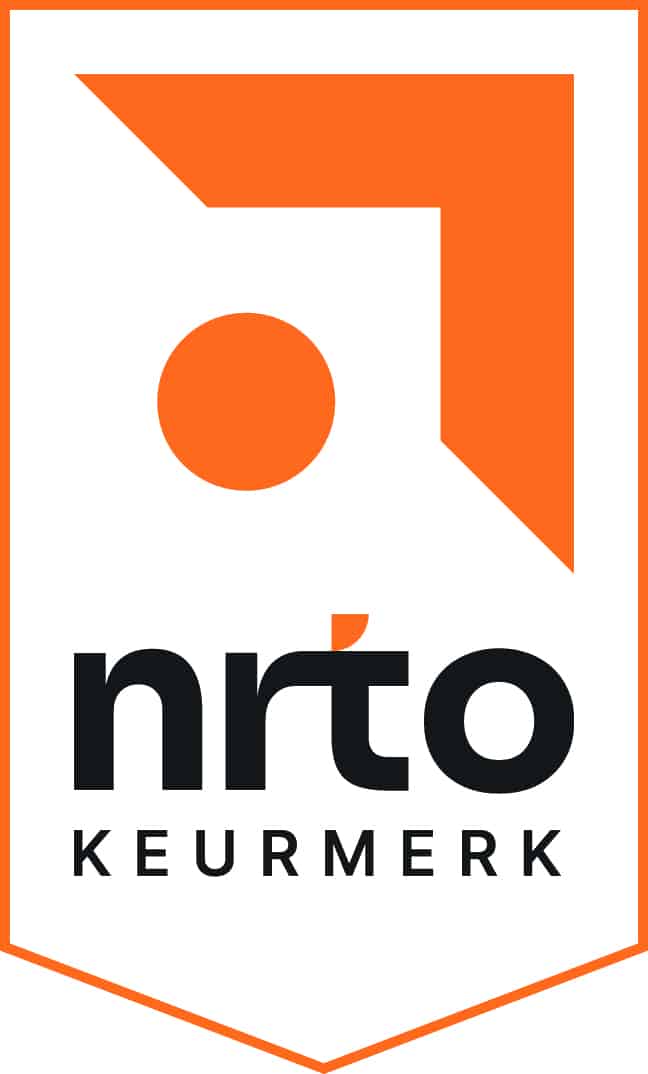Algemene omschrijving
The JavaScript Developer E-Learning is entirely in English. As a Dutch IT training provider, we offer the information on this page in Dutch. At the bottom of the page, you will find a brief summary in English. The topics within the JavaScript Developer E-Learning package itself are described in English.
De JavaScript Developer E-Learning is een jaar toegankelijk en biedt jou een complete leerervaring van 53 uur waarin je toegang krijgt tot zowel uitgebreid cursusmateriaal als een interactieve labomgeving. Binnen deze periode krijg jij de gelegenheid om in jouw eigen tempo kennis en vaardigheden te verkrijgen op het gebied van JavaScript.
JavaScript is dé norm voor het ontwikkelen van gebruiksvriendelijke en interactieve webapplicaties. Met de JavaScript Developer E-Learning ontdek je de kracht van JavaScript en leer je hoe jij rijke gebruikerservaringen kunt creëren. De zorgvuldig samengestelde leerlijn is ontworpen om zowel beginnende als ervaren programmeurs te helpen om hun kennis en vaardigheden op het gebied van JavaScript in praktijk te brengen.
Verder is de JavaScript Developer E-Learning onderverdeeld in vier onderdelen, zodat je gericht en effectief kunt leren. Van front-end ontwikkeling tot webontwikkeling en geavanceerde onderwerpen zoals design patterns en unit testing, in de JavaScript Developer E-Learning krijg je toegang tot alles wat jij nodig hebt om een bekwame JavaScript-ontwikkelaar te worden.
Doelgroep
De JavaScript Developer E-Learning is geschikt voor iedereen die betrokken is bij de ontwikkeling van webapplicaties. Of je nu een beginnend programmeur bent die de basis van JavaScript wil leren of een ervaren softwareontwikkelaar die zijn/haar kennis en vaardigheden uit wil breiden op het gebied van geavanceerde onderwerpen als design patterns en unit testing, met de JavaScript Developer E-Learning word jij een bekwame JavaScript-ontwikkelaar.
Dit betreft met name de volgende mensen:
- Front-end softwareontwikkelaars.
- Full-stack ontwikkelaars.
- Webontwikkelaars.
- Mensen die over willen stappen naar een carrière in softwareontwikkeling.
Wat is inbegrepen
De JavaScript Developer E-Learning is een jaar toegankelijk.
De JavaScript Developer E-Learning biedt jou een uitgebreid leertraject met toegang tot diverse hulpmiddelen om jouw kennis en vaardigheden op het gebied van JavaScript uit te breiden.
Hier is een overzicht van de inhoud van de JavaScript Developer E-Learning:
- JavaScript Front-end Development
- Leer de basisprincipes van JavaScript en werk met functies, objecten en frameworks.
- JavaScript Web Development
- Focus op het ontwikkelen van webapplicaties, van DOM-manipulatie en formuliervalidatie tot asynchrone programmering en gevorderde onderwerpen als closures en prototypes.
- JavaScript Design Patterns & Unit Testing
- Verdiep je in creational, structural, en behavioral design patterns. Verkrijg daarbij kennis en vaardigheden op het gebied van unit testing met hulpmiddelen als Mocha, Chai en SinonJS.
- Praktische labopdrachten
- Online begeleiding van een mentor
Voorkennis
Je hebt geen specifieke voorkennis nodig om te beginnen met de JavaScript Developer E-Learning.
Onderwerpen
Track 1: JavaScript Front End Development
- E-learning courses.
- JavaScript Front-end Development: JavaScript Fundamentals.
- JavaScript Front-end Development: Data, Decision Making, & Arrays.
- JavaScript Front-end Development: Functions & Objects.
- JavaScript Front-end Development: Errors, Events, Objects, & New Features.
- JavaScript Front-end Development: Development Basics.
- JavaScript Front-end Development: Frameworks.
Track 2: JavaScript Web Development
- E-learning courses.
- JavaScript: Introduction.
- JavaScript: Getting Started with JavaScript Programming.
- JavaScript: Types, Operators, & Control Structures in JavaScript.
- JavaScript: Functions & Arrays in JavaScript.
- JavaScript: Objects.
- JavaScript: Advanced Function Operations.
- JavaScript: Closures & Prototypes.
- JavaScript: Working with the DOM & Events.
- JavaScript: Form Validation & Async Programming in JavaScript.
- Online Mentor.
- You can reach your Mentor by entering chats or submitting an email.
- Assessment.
- Final Exam: Web Programmer.
- Practice Labs: Web Programmer.
- Perform Web Programmer tasks such as setting up an effective JavaScript Environment and working with JS types and arrays. Then, test your skills by answering assessment questions after implementing call back functions, adding a closure and callback function, adding a form to capture user values, and achieving asynchronous behavior with promises. This lab provides access to tools typically used by Web Programmers, including Atom & Visual Studio Code.
Track 3: JavaScript Design Patterns & Unit Testing
- E-learning courses.
- Design Patterns in JavaScript: Getting Started.
- Design Patterns in JavaScript: Constructor, Factory, & Abstract Factory Creational Patterns.
- Design Patterns in JavaScript: Singleton, Prototype, & Builder Creational Patterns.
- Design Patterns in JavaScript: Module, Revealing Module, Façade, Decorator, & Mixin Structural Patterns.
- Design Patterns in JavaScript: Flyweight, Adapter, Composite, & Proxy Structural Patterns.
- Design Patterns in JavaScript: Observer & Iterator Behavioral Patterns.
- Design Patterns in JavaScript: Mediator, State, & Command Behavioral Patterns.
- Unit Testing in JavaScript: Mocha & Unit.js.
- Unit Testing in JavaScript: Should.js & Must.js.
- Unit Testing in JavaScript: Exploring & Configuring the Mocha Testing Framework.
- Unit Testing in JavaScript: Mocha & Chai.
- Unit Testing in JavaScript: SinonJS.
- Online Mentor.
- You can reach your Mentor by entering chats or submitting an email.
- Assessment.
- Final Exam: Apprentice Programmer.
- Practice Labs: Apprentice Programmer.
- Perform Apprentice Programmer tasks such as building JavaScript objects, constructing parameterized objects, converting a functional object, and using a Factory method. Then, test your skills by answering assessment questions after creating a Singleton object, implementing the Façade pattern, using the Flyweight pattern, and subscribing using the Observer pattern. This lab provides access to tools typically used by Apprentice Programmers, including Atom & Visual Studio Code.
English Summary
The JavaScript Developer E-Learning provides a comprehensive learning experience with one year access to detailed course material and an interactive lab environment. Over 53 hours of online content cover essential skills for developing user-friendly and interactive web applications. The JavaScript Developer E-Learning is structured into four tracks, focusing on front-end development, web development, design patterns, and unit testing, making it suitable for both beginners and experienced programmers. Learn at your own pace and gain the expertise needed to excel as a professional JavaScript developer.




